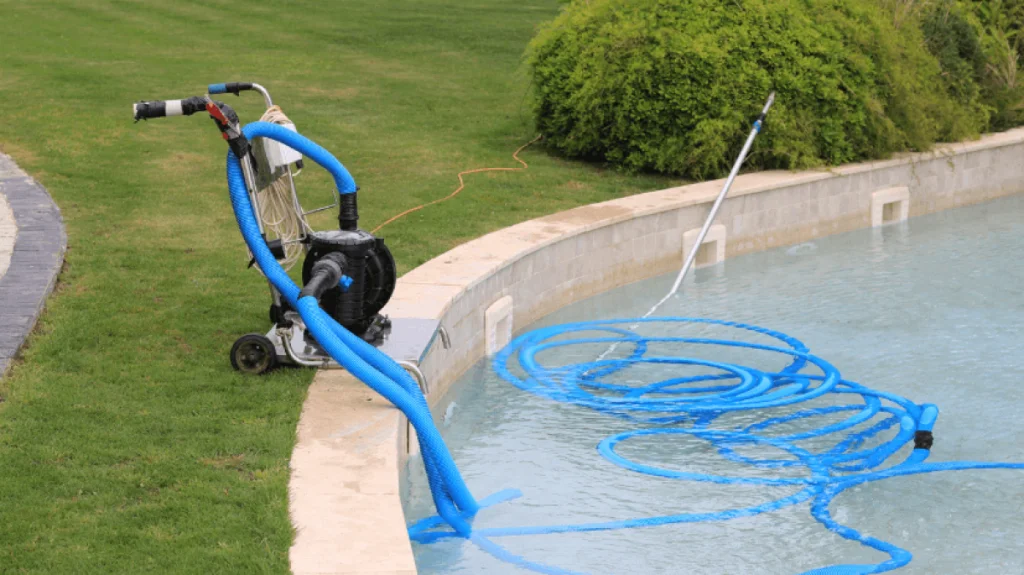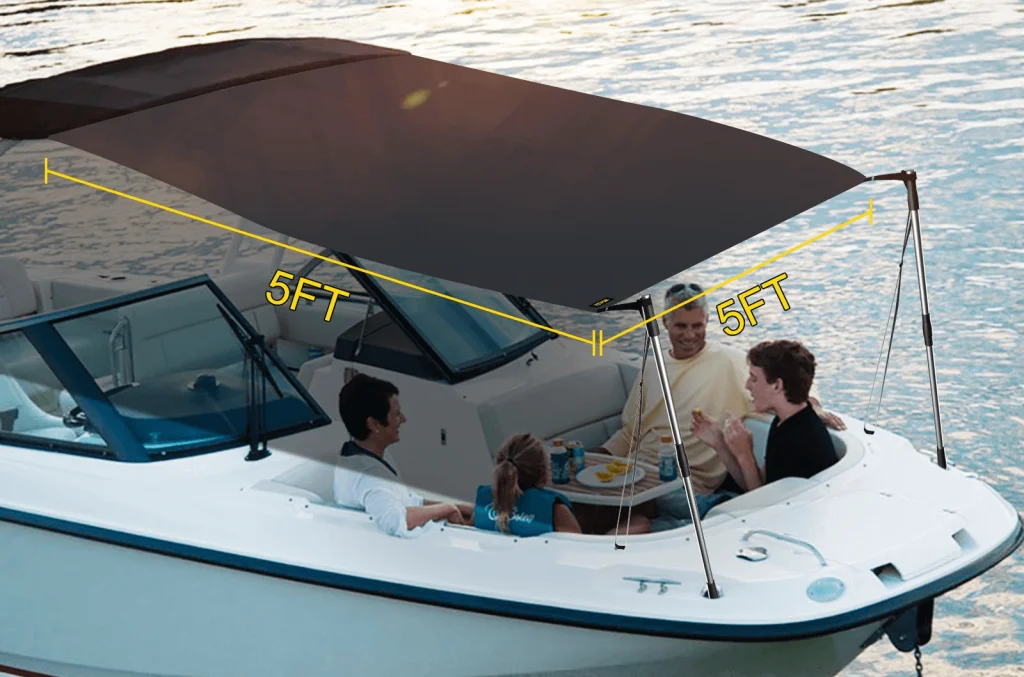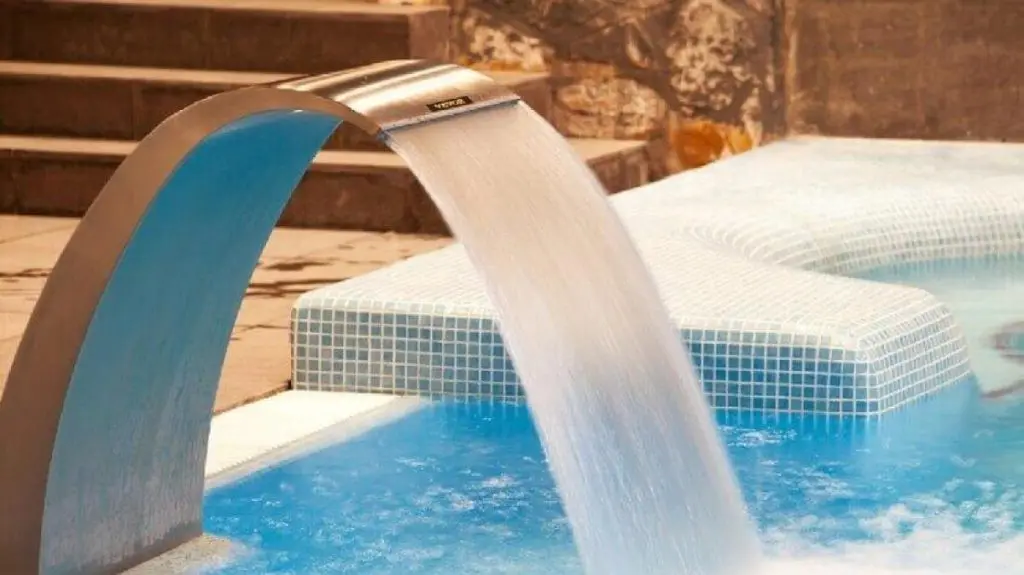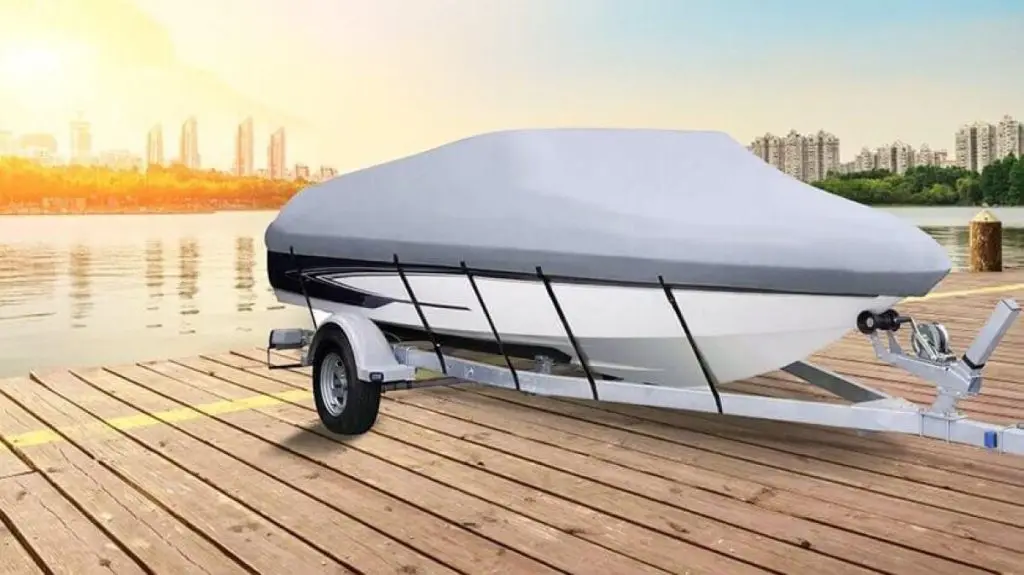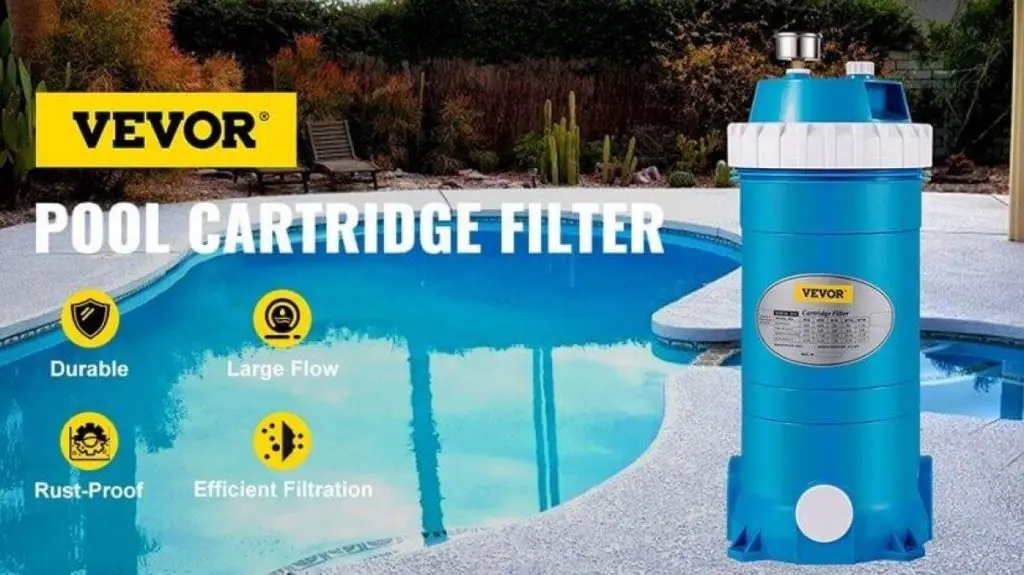Do you know pool filters play a vital role in operating a pool? Keeping a hygienic swimming environment in your pool depends on the pool filter. DE filters, cartridges, and sand filters are the three popular types of pool filters. Maintaining clean and clear pool water begins with selecting a properly-sized pool filter. By sifting dirt and contaminants from the water, pool filters assist your sanitizer in killing bacteria. However, all the other three types serve the same function, all of them having some advantages and disadvantages.
Investing in the right pool filter maximizes pool efficiency and makes it less prone to damage your pipe from excessive water pressure. For years to come choosing the right pool filter and pump will eliminate the hassle and run years to come.
But still, many people need to learn the main purpose of buying pool filters, and usually, they need to pay more attention to the idea of investing in the best pool filter. We’ll guide you about the vital role of DE and Cartridge pool filtration.
What Does a Pool Filter Do?
If we talk about de filter vs. the Cartridge filter, most people need clarification about their function, pros, cons, and specifications. But the question is still in the limelight why you should invest in a pool filter and what they do…
During swimming pool filtration, suspended particles are removed from the water, allowing it to pass over a porous material you can’t see through the naked eye. Additionally, you can easily anticipate algae proliferation. An enclosed-circuit circulation system with a pump and various filtration equipment is used. The most crucial type of pool filters are cartridge filters, DE, and sand filters. But today, you’ll learn about the De vs. cartridge pool filter, how they work, and their pros and cons.
Understanding Cartridge Filter
The use of cartridge pool filters is becoming more and more prominent among pool owners due to their ability to filter smaller particles. Can you believe they can remove contaminants as small as 5-7 microns? Since the cartridge filters have a greater surface area, they can also filter out a greater volume of debris. In general, cartridge filters provide finer water clarity than sand filters.
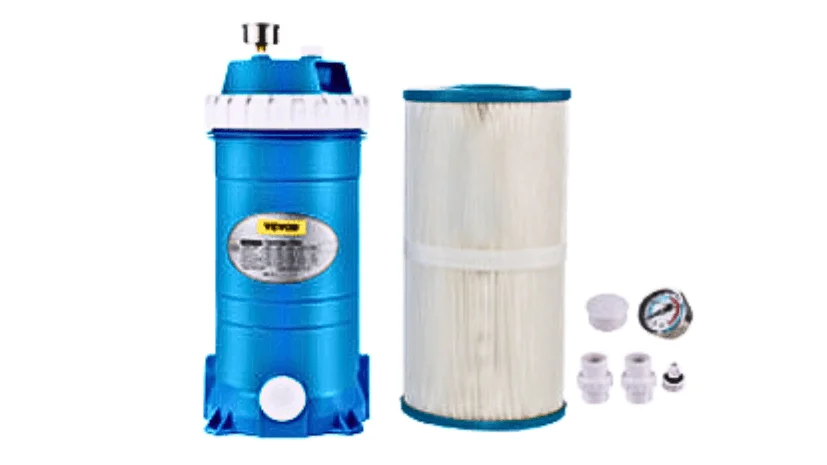
So why do pool owners prefer cartridge filters over DE filters?
The low-maintenance nature of cartridge filters is another reason pool owners prefer them. The cartridges not needed backwashing but should be cleaned regularly with a garden hose. Replacement cartridges are required after every triennial. Since cartridge filters can be disassembled and kept easily during jack frost and above-ground pools often use them.
Cartridge filters can cost you an arm and a leg compared to other filters while replacing cartridges costs considerably more than replacing sand or DE powder. However, they’re cost-effective. By using cartridge filters, you can reduce your pool pump’s wear and tear and save money.
Even though cartridge filters are more expensive than sand filters, they are as easy to maintain and practical for medium to small pools. A pleated polyester filter media surrounds a plastic cylinder, and the water flows through the cylinder. This filter captures as tiny as 10 microns of debris, allowing the clean water to flow back into the pool. You’ll have to clean the cartridges by removing them from the tank and spraying them with a hose to remove dirt and debris.
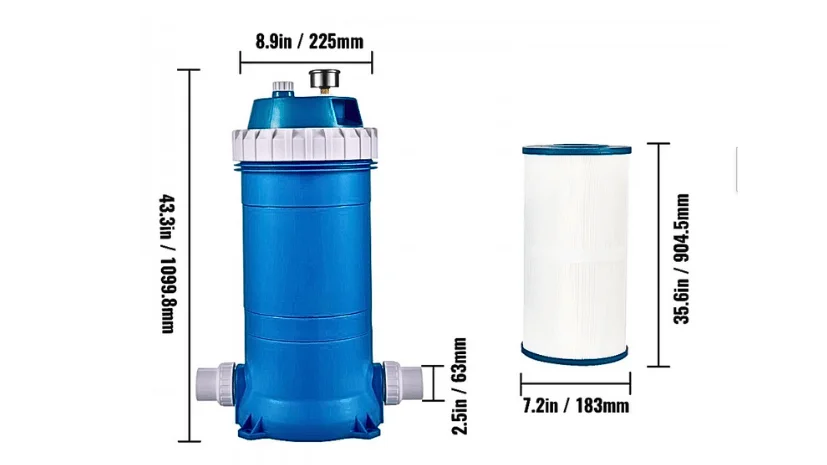
Pros
● Water is used much less during the cleaning process. There is no need to backwash the cartridges – they can simply be lifted out and hosed down. As a result, water is saved.
● Suitable for variable speed pumps (especially suitable for energy-efficient pumps).
● Outstanding for smaller pools
● Removes small particles (down to 10 microns)
Cons
● Maintenance costs are slightly higher on an ongoing basis.
● One to two times a year, the cartridges need to be deep cleaned.
● Typically, it lasts for one to three years.
Understanding DE Filters
The diatomaceous earth (“DE”) filter works by coating a series of grids with diatomaceous earth. In nature, DE consists of a white powder that can easily be crumbled into individual particles that may be less than two microns in diameter. The fineness of DE powder makes it capable of filtering pool water to a level of 2 to 5 microns. Therefore, DE filters can remove any contaminants in your pool water.
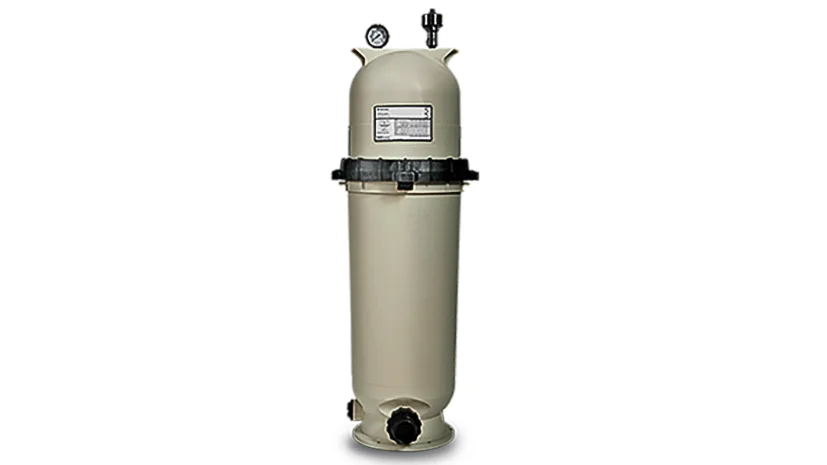
Furthermore, maintenance and cleaning of DE filters require slightly more effort than cartridge pool filters.
However, DE filters must be backwashed regularly to remain clean. The DE, however, is removed along with the trapped contaminants, unlike cartridge filters. Each time you backwash, more DE must be added to the filter. A filter’s performance will also be negatively affected by too much or too little DE quantity.
Additionally, DE filters are typically the most expensive pool filters on the market than cartridge filters, although they are within reach of most consumers.
Pros
● Small particles are filtered most efficiently by this device
● DE can be easily replaceable
● Water can be filtered quickly and in large volumes
Cons
● As well as regular backwashing, they require regular maintenance
● The purchase price that is the most expensive
● Every time you backwash, you must replenish the D.E powder
Comparison of DE Filters and Cartridge Filters- Which Is Better?
| DE is composed of fossilized diatoms (sponge-like organisms and porous). Every single time, DE removes particles as small as three microns. | The cartridge filter is only competent for filtering down to 40 microns when it is operating correctly. |
| To ensure the most efficient and safe operation, diatomaceous earth (DE) filters should be disassembled and cleaned 1-2 times per year. | While you need to clean the cartridge filter after every six months. |
| The most common uses of DE filters are by nurseries for mulch, restaurants for cleaning grills and cooking oil, and large commercial pools. Also, the places where water clarity is important. | Cartridge filters are easily prone to algae attack if they’re old and soft. |
| DE filter is more expensive than cartridge filters | However, a cartridge filter is cheap if we compare de vs. cartridge filter |
Which Pool Filter Is Best For You, DE or Cartridge Filter?
If you own a pool, you will need a filter to keep the water clean, but sometimes you don’t realize there are so many types of pool filters available, and it’s hard to select the best one for your pool. In comparison to a cartridge filter and one with DE filters, which filter is the most effective?
● Water Volume and Usage
DE filters use 4000L of water per year, while cartridge filters don’t require backwashing, so minimal water usage. Also, cartridge filters could be more efficient for large or commercial pools than De Filters.
● Contaminant levels and type
Cartridge filters are recommended for systems with contamination levels lower than 100 ppm or 0.01% in weight. The cartridge filter cleans out small particles up to 10-15 microns. However, a DE filter can trap particles from 3 to 5 microns.
● Maintenance Preferences and Capabilities
If we compare the maintenance of the de vs. cartridge filter, then the cartridge filter requires to replace after every two to three years, but DE requires backwash every couple of months which is not an easy-to-go option.
● Budget and Long-term Expenses
As you know, DE filters need to replace every couple of months in contrast to cartridge filters vs. de filters which need to be replaced after every 2-3 years. So, DE filter is expensive for maintenance and investment.
FAQs About Cartridge Filter and Sand Filter
1-Which filter type requires more maintenance?
As one of the pricy and maintenance-intensive pool filters on the market, DE filters provide the best water quality for your pool. When the pressure gauge indicates that the tank has high pressure, the DE filter requires maintenance which is the highest compared to other filter types.
2-Can I switch from a DE filter to a cartridge filter or vice versa?
Yes, you can. To do this, you need to follow some steps whenever you need to switch the DE filter to the cartridge filter.
3-Are DE filters more effective at removing fine particles?
Yes, the DE filter is more effective at removing smaller particles than other filters.
4-Can I use a cartridge filter for a large pool?
Unfortunately, Cartridge filters are incompatible for use in large or commercial pools.
5- Which filter type is better for people with allergies or sensitivities?
By reducing airborne allergens or sensitivities, air filtration may provide some relief.
Final Words About DE Vs. Cartridge Filters
You now have options and choices when choosing between a DE filter and a cartridge filter when choosing a pool filter. This guide illustrates how each of these has its strengths and weaknesses, which are explained in this guide. With our guide, you can find the best option per your needs, so invest in it accordingly.
No matter whether you own a large or small pool, maintenance and installing filtration is easy. Browse VEVOR to select a product you choose and get a discount on signing up. Now you’re ready to buy the right filter for a cleaner, brighter pool!

